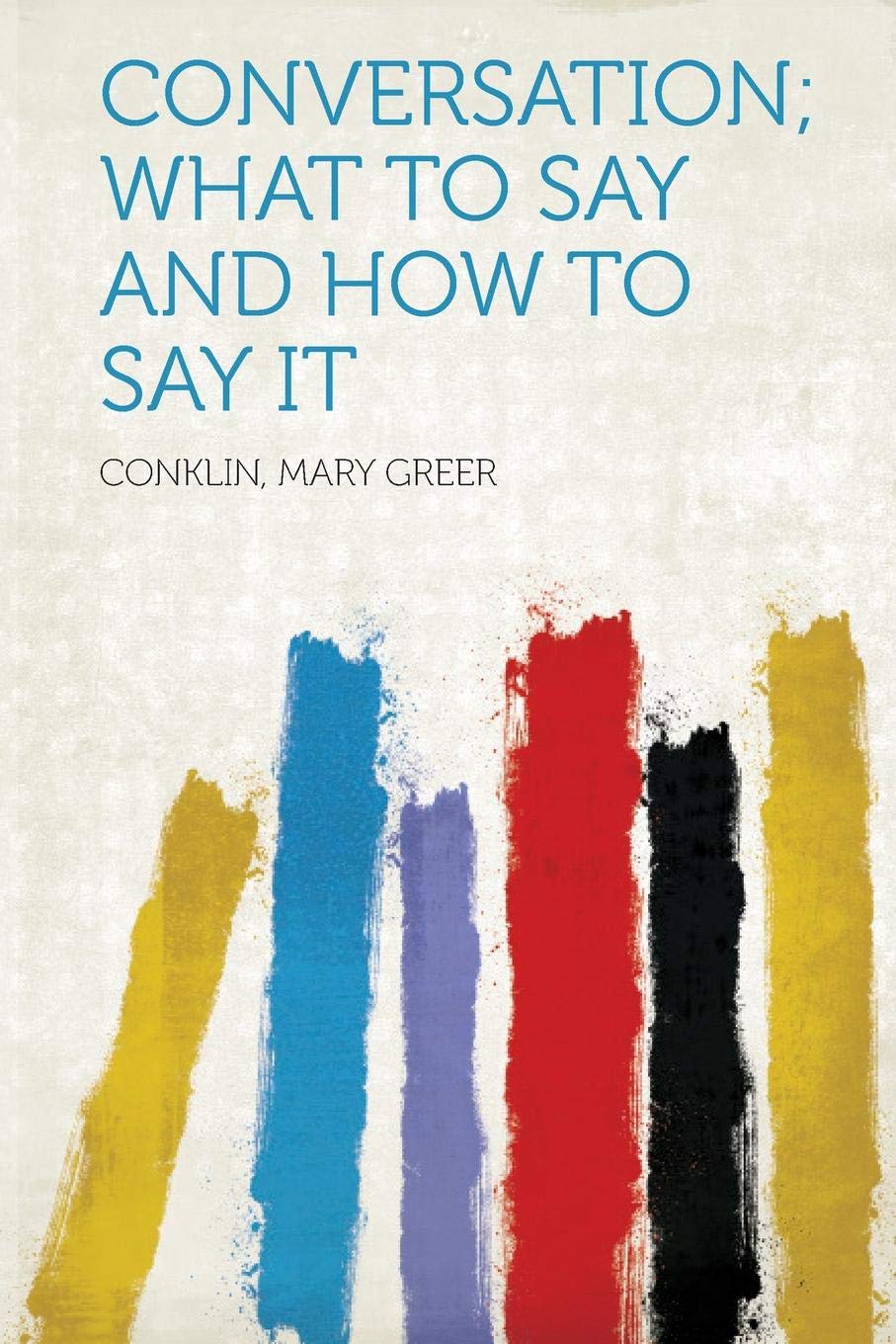In today’s digital age, navigating the world of messaging etiquette can be tricky. One common dilemma many face is how to handle being left on delivered or read without a response. Let’s explore some strategies for effectively managing this situation.
Understanding Reasons for Being Left on Delivered
If you have been left on delivered, there could be a variety of reasons behind it. It could be that the person is busy, distracted, or not interested in continuing the conversation. Remember that everyone has their own priorities and may not always be available to respond immediately.
It’s important not to jump to conclusions or take it personally. Give them the benefit of the doubt and try not to overthink it. If it’s something important, you can follow up politely after a reasonable amount of time.
Managing Anxiety in Digital Communication
When you’ve been left on Read or Delivered, it’s important to remember that it’s not always about you. People have their own reasons for not responding right away, and it’s essential to respect their boundaries. If you find yourself feeling anxious about being left on Read, try to take a step back and focus on something else to distract yourself.
Controlling Your Actions, Not Theirs
Focus on **controlling your actions** when dealing with being left on delivered or read. Instead of obsessing over why they haven’t responded, shift your focus to things you can control. Take a deep breath, distract yourself with a hobby or exercise, or reach out to a friend for support.
Texting as if They’re Already a Friend

When someone leaves you on *delivered* or *read*, it can be frustrating. One way to handle this is by texting as if they’re already a friend. Keep the conversation light and casual, and avoid putting pressure on them to respond immediately. If it’s been a while since they read your message, you can gently follow up with a new topic or question to keep the conversation going.
Respecting Individual Communication Styles
Respecting individual communication styles is crucial when responding to being left on delivered or read. Understand that everyone has their own way of communicating and it’s important to respect that. If someone has left your message on read or delivered, **give them the benefit of the doubt** before jumping to conclusions. It’s okay to follow up if necessary, but do so in a respectful and understanding manner.
Defining Your Texting Needs and Boundaries
When defining your *texting needs* and boundaries, it’s important to consider what level of communication works best for you. If being left on *delivered* or *read* leaves you feeling ignored or anxious, it’s okay to express your feelings to the other person. Setting boundaries around your texting expectations can help avoid misunderstandings and hurt feelings in the future. Consider discussing your preferences openly and honestly with the other person to ensure that both parties are on the same page.
Evaluating Message Urgency Before Responding
If the message is important, **respond promptly**. If not, take your time to craft a thoughtful reply. Don’t feel pressured to reply immediately just because the message has been seen.
Allowing Time Before Following Up
If you’re feeling anxious about being left on delivered or read, take a step back and focus on other aspects of your life. Remember, people have their own reasons for not responding immediately. Trust that they will get back to you when they can.
By allowing time before following up, you also prevent yourself from appearing too eager or desperate. This can help maintain the balance of power in the relationship.
Polite Follow-Up Strategies
If you’ve been left on **delivered** or **read**, don’t jump to conclusions. Give the person the benefit of the doubt. It’s possible they are busy or simply forgot to respond.
If you need a response, send a **polite follow-up message**. Keep it brief and friendly, without sounding demanding or passive-aggressive.
You can say something like, “Hey, just checking in to see if you got my last message. No rush, just wanted to make sure it didn’t get lost in the shuffle.” This approach is respectful and shows understanding.
Trying Alternative Ways to Communicate
If you find yourself in a situation where your messages are being left on **delivered** or **read** without a response, it can be frustrating and even hurtful. It’s important to remember that everyone has their reasons for not responding, so try not to take it personally.
Instead of dwelling on the lack of response, consider alternative ways to communicate such as calling or meeting in person. If the lack of response continues, it may be worth addressing the issue directly with the person and asking if everything is okay.
Reflecting on Your Sent Message
Reflecting on your sent message can be a nerve-wracking experience, especially when left on delivered or read. It’s important to remember that people have various reasons for not responding immediately, so try not to jump to conclusions. If you’re feeling anxious, take a moment to question why you’re feeling this way and if it’s really necessary.
Addressing the Situation Directly When Needed
Address the situation directly by reaching out to the person who left you on **delivered** or **read**. Ask them if everything is okay and if they received your message. Communicate openly and honestly about how you feel, but avoid being confrontational. Give them the benefit of the doubt and try to understand their perspective.
Knowing When to Move On
If you have been left on **read** or **delivered**, it’s important to recognize when it’s time to move on. If the person consistently ignores your messages or shows disinterest, it may be best to accept the situation and focus on yourself. **Reflect** on the **reason** for the lack of response and consider if it’s worth pursuing further.
Navigating Technical Glitches and Miscommunications
When dealing with technical glitches or miscommunications in messaging apps, it can be frustrating to be left on “delivered” or “read” without a response.
If this happens, it’s important to first give the other person the benefit of the doubt – they may be busy or have simply forgotten to reply.
If you still don’t receive a response after a reasonable amount of time, consider sending a gentle follow-up message.
Recognizing Signs of Disinterest
Recognizing signs of disinterest is important in any relationship. If someone consistently leaves your messages on *read* or *delivered* without responding, it may be a sign that they are not interested in continuing the conversation. Pay attention to their body language and tone of voice when you do interact with them, as these can also indicate disinterest. It’s crucial to respect their boundaries and not push for a response if they are not engaging with you.
Dealing with Unintentional Non-Responses
Instead of dwelling on being left on *delivered* or *read*, focus on the positive aspects of your life. Keep yourself busy with hobbies, work, or spending time with loved ones.
If you feel the need to address the non-response, consider sending a gentle follow-up message to check in.
Understanding Avoidance of Conflict or Anxiety
Understanding why someone may avoid conflict or feel anxious about responding to messages is crucial in handling being left on delivered or read. It’s important to remember that everyone has their reasons for their actions, and it’s not always personal.
Try to **empathize** with the other person and consider their perspective before jumping to conclusions. **Communication** is key in resolving any misunderstandings that may arise from being left on read or delivered.
Embracing Self-Care and Distraction Techniques
When you find yourself left on **delivered** or **read**, it’s important to prioritize your own well-being. Embrace **self-care** by taking time to do things that make you feel good, whether it’s going for a walk, reading a book, or practicing mindfulness. **Distraction techniques** can also be helpful in shifting your focus away from the situation and onto something positive.
Setting Reasonable Expectations and Limits
When dealing with being left on *delivered* or *read*, it’s important to set reasonable expectations and limits for yourself. Understand that not everyone is constantly available or responsive, and that’s okay. Don’t jump to conclusions or assume the worst if someone doesn’t reply right away. Remember, everyone has their own lives and priorities.
It’s also crucial to communicate your boundaries and expectations with the other person. Let them know how you feel about being left on *read* and discuss how you both can improve communication. Setting clear boundaries can help avoid misunderstandings and frustration in the future.
Lastly, prioritize your own mental well-being and don’t let being left on *delivered* or *read* affect your self-worth or happiness.

